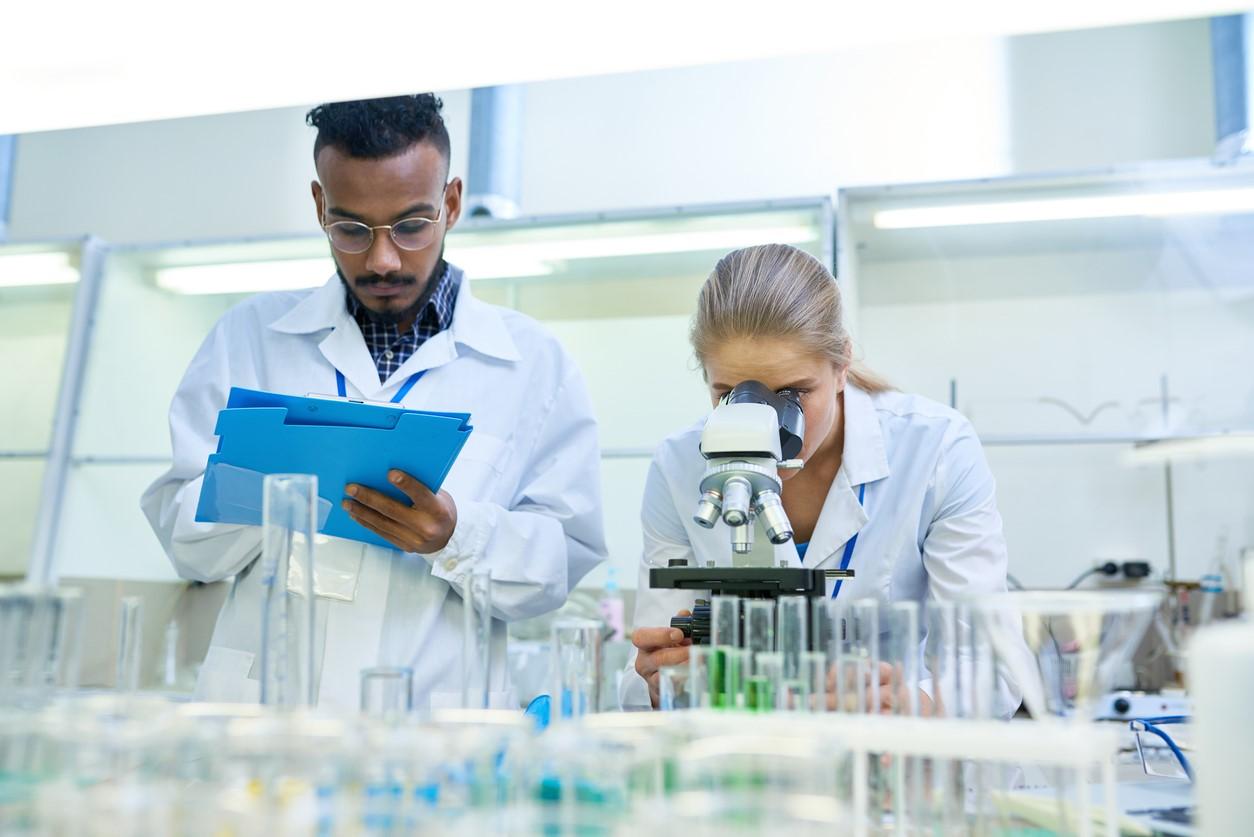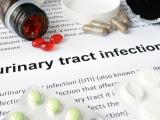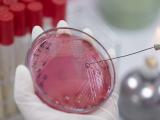The World Health Organization (WHO) today published its first global research agenda for addressing antimicrobial resistance (AMR) in human health.
The agenda outlines the 40 research priorities for addressing and mitigating the impact of antimicrobial-resistant bacterial and fungal infections, including drug-resistant tuberculosis (TB), over the next decade. The aim is to identify research that can fill critical knowledge gaps, have a real-world impact, promote health equity, and be translated into evidence-based policies by 2030, in line with the United Nations' Sustainable Development Goals.
The WHO says it hopes that the research agenda will catalyze interest in the research, policy, and funding communities, and that the topics should be further translated into concrete, fundable research proposals.
"Antimicrobial resistance is an urgent public health and economic challenge, and good quality research is a vital part of the response," Hanan Balkhy, MD, WHO Assistant Director-General for AMR, said in a news release. "To help preserve antimicrobials and save lives and livelihoods, this research agenda is a crucial tool for researchers and funders to prioritize research questions, and promptly and efficiently generate evidence that informs policy."
Five themes highlighted
Developed by the WHO with input from a multidisciplinary group of AMR experts who reviewed more than 3,000 documents published over the past 10 years, the agenda groups the research topics into 11 AMR areas across five themes: Prevention, diagnosis, treatment and care, cross-cutting (AMR burden, epidemiology, and drivers), and drug-resistant TB. The focus is on bacterial and fungal pathogens deemed an AMR priority by the WHO.
Research topics include identifying antimicrobial stewardship interventions that are context-specific, feasible, sustainable, and cost-effective in inpatient and outpatient settings; evaluating rapid, point-of-care diagnostic tests that can distinguish between viral and bacterial infections, along with tests that can detect fungal pathogens and determine antimicrobial susceptibility; investigating the drivers of inappropriate antimicrobial prescribing and use; and investigating the epidemiology, morbidity, and mortality of priority bacterial and fungal infections.
To help preserve antimicrobials and save lives and livelihoods, this research agenda is a crucial tool for researchers and funders to prioritize research questions, and promptly and efficiently generate evidence that informs policy.
For drug-resistant TB, the priorities include investigating shorter, more effective, and better-tolerated drug regimens, identifying how molecular assays can better detect drug resistance, and evaluating effective vaccines that could prevent TB.
The agenda also prioritizes identifying optimal surveillance methods for generating accurate and reliable AMR and antimicrobial use data, cost-effective mitigation strategies that countries are willing to invest in, and financing models that can sustainably produce new antimicrobials.
Priorities for countries, funders
Among those who participated in the process was Francesca Chiara, PhD, MPH, director of the Antimicrobial Stewardship Program at the University of Minnesota's Center for Infectious Disease Research and Policy, which publishes CIDRAP News. Chiara said the working groups started with thousands of priorities and worked their way down to those that are achievable in the short term, can be easily implemented, and have a significant impact.
"For sure these priorities will be useful to countries and funders alike," she said.
Chiara said she was particularly pleased to see the focus on research into preventing the infections that drive antibiotic use and promote AMR. Topics grouped under the prevention theme include research into the impact that water, sanitation, and hygiene (WASH) and waste-management interventions can have on the burden and drivers of AMR, both in healthcare settings and the community; identifying effective and feasible infection prevention and control strategies for hospitals; and evaluating the role that vaccines could play in preventing drug-resistant infections and reducing antimicrobial use.
"I'm happy to see WASH and wastewater being recognized as issues to be targeted, as well as vaccines," Chiara said.
The WHO says that while the research agenda is global in scope, one of the goals is to inform evidence-based policies and interventions to strengthen the AMR response in low- and middle-income nations, which have been disproportionately affected by drug-resistant infections.
























